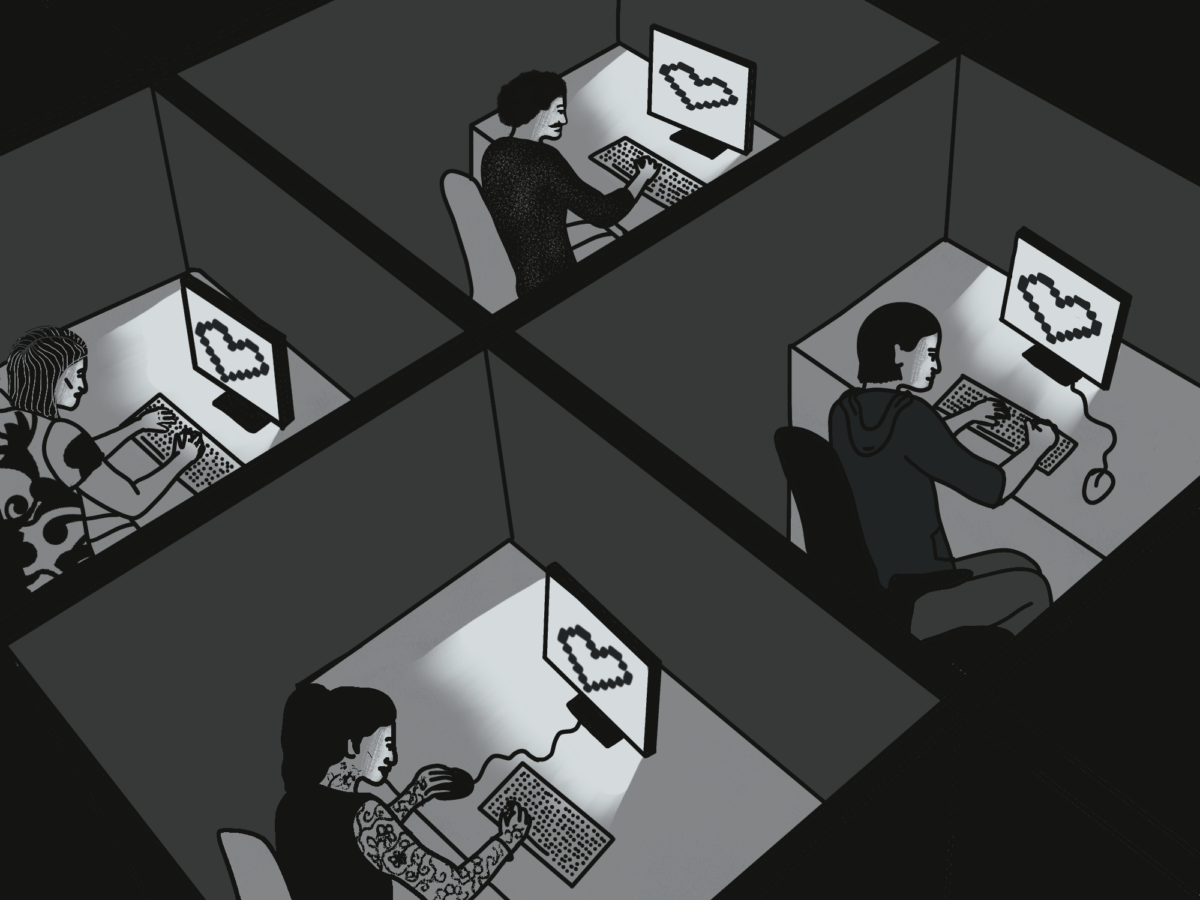AI is slowly but surely becoming part of our romantic lives.
Artificial intelligence is such a fascinating invention. However, many consider it a threat to humanity. AI is invading the romantic world with its customizable partners—and as dangerous as it is, it’s inevitable.
People who are tired of getting ghosted, betrayed, and hurt, might consider downloading an AI application that replicates the emotions of human beings. Having an AI partner can be helpful to improve one’s relationship skills and boost confidence. It can also allow people who have been traumatized by a former toxic partner to find a safe space.
But while AI may seem like a tool to end romantic loneliness, it isolates the person from the real world. It hinders them from facing their fears and healing themselves to establish genuine, healthy relationships.
Out of curiosity, I downloaded an AI dating app last year. However, I felt bored immediately simply because the person responding did not exist. Receiving a good morning text daily feels good, but dating an AI sounds like living in a delusional world.
We must be mindful that dating an AI is way more dangerous than we think. People trying to build a relationship with their AI partner will share much of their personal information—not knowing that a company on the other side may collect all their data.
As I think of AI dominating the dating scene, I imagine new debates emerging. Will texting an AI be considered cheating? Are humans now in competition with an AI? Will people find it hard to move on from their AI partners? Will AI increase anxiety in real-world dating? Many people are already addicted to their social media apps and I fear that AI will eventually become addictive, too. Being in a prolonged relationship with an AI will cause people to feel anxious when interacting with real humans.
Imagine being intimate and vulnerable with an AI everyday. Reading and hearing exactly what you want will create a destructive comfort zone. It will hinder one from experiencing joy from actual dates and learning to evolve with a human partner. I also see it as a trap. When we constantly escape our reality to temporarily feel better, we only postpone our healing and the magic that comes with true love.
In Japan, over 4,000 men have an AI digital wife with a marriage certificate issued by tech company Gatebox. Although the number might seem low, it is still concerning. I firmly believe that this number will rise exponentially in the upcoming years. In the long run, the decrease in birth rate will be alarming.
If things remain the same, AI will transform the world into a place lacking in deep emotions and human interactions. While change is sometimes daunting, we must always proceed with caution and choose to participate in what feels right to us.
